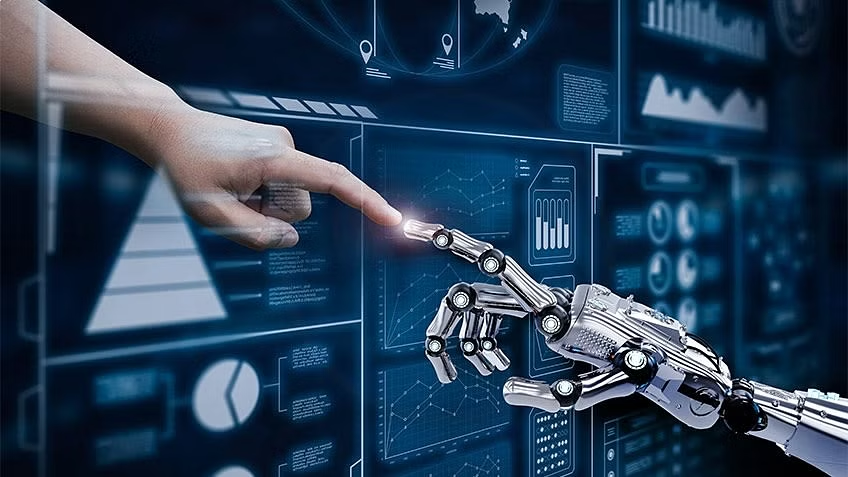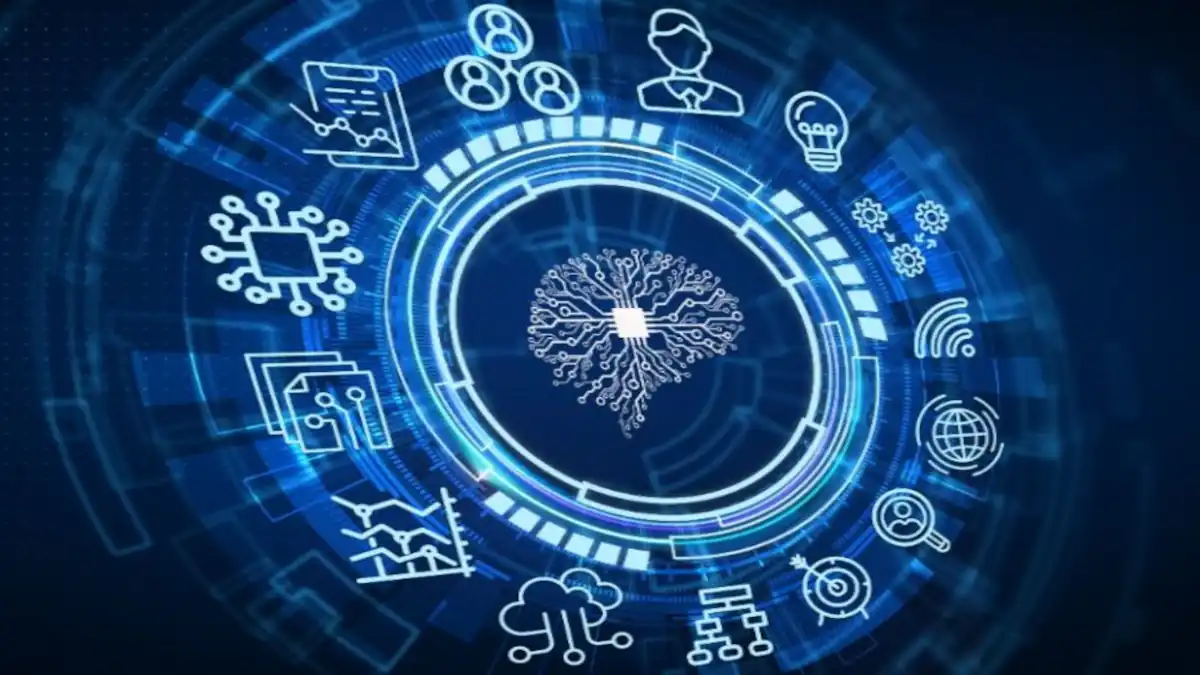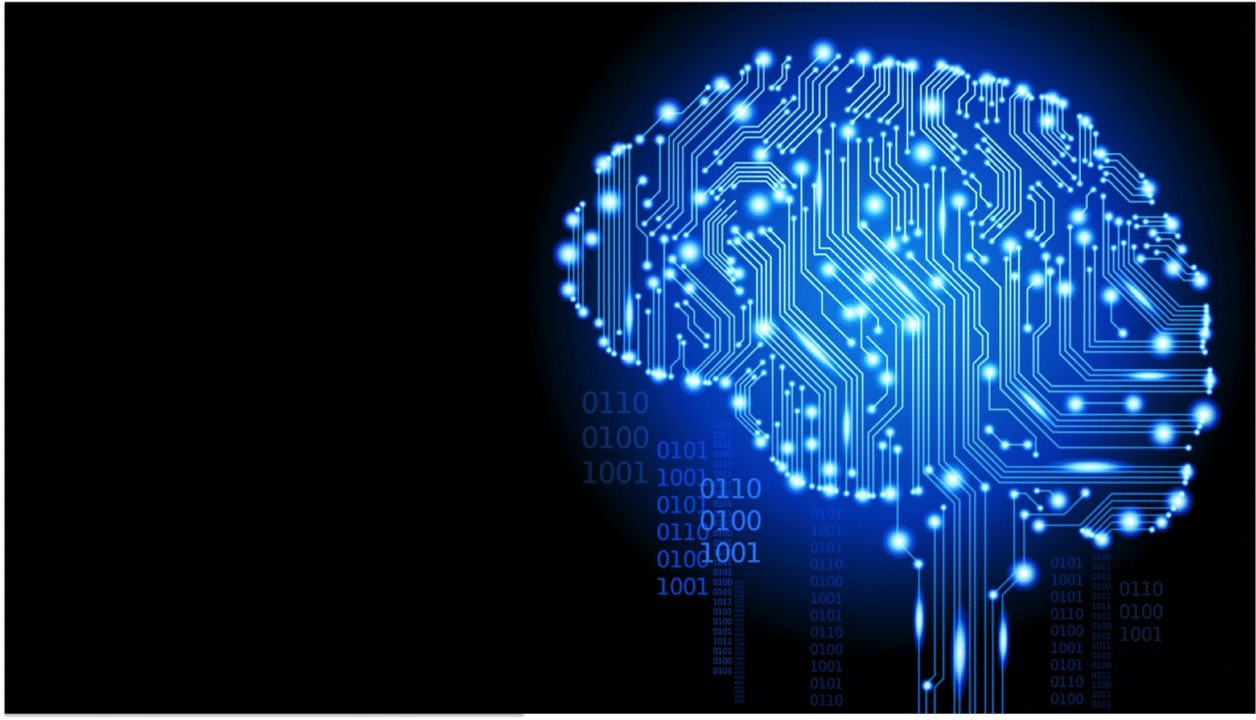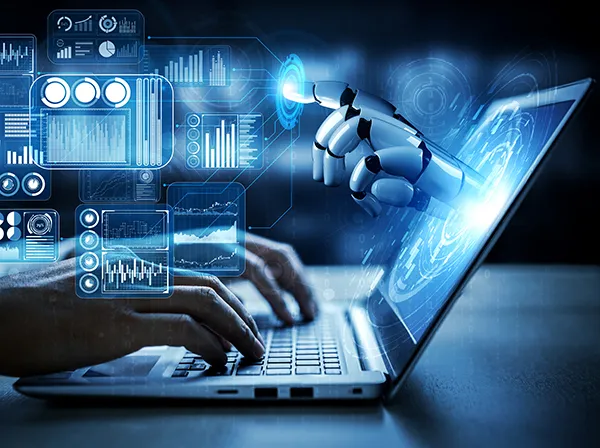Deep learning is continuously advancing, influencing new areas and revolutionizing various aspects of our lives. Here are additional insights into how deep learning is reshaping the future and what lies ahead.
Deep Learning in Robotics
- Advanced Manipulation:
- Dexterous Robots: Deep learning enables robots to perform complex tasks such as assembling intricate parts and handling delicate objects. These advancements are crucial for applications in manufacturing, healthcare, and service industries.
- Collaborative Robots: Also known as cobots, these robots work alongside humans, assisting with tasks and improving productivity. They use deep learning to adapt to human movements and handle a wide range of tasks in dynamic environments.
- Autonomous Vehicles:
- Self-Driving Cars: Deep learning is at the core of autonomous vehicle technology, enabling cars to perceive their surroundings, make decisions, and navigate safely. Advances in object detection, path planning, and real-time decision-making are critical for the development of fully autonomous vehicles.
- Traffic and Navigation: AI systems analyze traffic patterns, optimize routes, and provide real-time updates to enhance driving efficiency and safety. These technologies support smart transportation systems and reduce congestion.
Deep Learning in Creative Industries
- AI-Generated Content:
- Creative Writing: AI models generate creative writing, including stories, poetry, and scripts. These models can produce content that mimics different writing styles and genres, offering new tools for authors and content creators.
- Art and Design: Deep learning algorithms create original art and design concepts by analyzing existing works and generating new visual content. This capability allows artists to explore novel creative expressions and collaborate with AI in the creative process.
- Music Composition:
- AI Composers: AI systems compose music by learning from existing compositions and generating new melodies and harmonies. These tools assist musicians in exploring new musical ideas and creating unique compositions.
Deep Learning in Healthcare
- Medical Imaging:
- Diagnostic Tools: Deep learning enhances medical imaging by improving the accuracy of image analysis and diagnosis. AI models detect abnormalities, such as tumors and fractures, with high precision, aiding radiologists in early detection and treatment.
- Predictive Analytics: AI analyzes medical data to predict patient outcomes and identify risk factors for diseases. This enables proactive healthcare management and personalized treatment plans.
- Drug Discovery and Development:
- Molecular Modeling: AI models simulate molecular interactions and predict the effectiveness of new drugs. This accelerates the drug discovery process and identifies promising candidates for further research and development.
- Clinical Trials: AI optimizes the design and management of clinical trials, improving participant selection, monitoring, and data analysis. This enhances the efficiency and success rates of clinical research.
Deep Learning and Education
- Intelligent Tutoring Systems:
- Personalized Learning: AI-powered tutoring systems adapt to individual student needs, offering personalized feedback and guidance. These systems address learning gaps and support diverse learning styles.
- Automated Content Creation: AI generates educational content, such as quizzes and instructional materials, based on curriculum requirements and student performance data.
- Virtual Classrooms:
- Interactive Learning: AI enhances virtual classrooms by providing interactive and engaging learning experiences. Features like real-time language translation, adaptive learning paths, and virtual labs support remote education.
Future Trends and Directions
- Ethical and Responsible AI:
- Ethical AI Development: As AI technology evolves, ethical considerations become increasingly important. Ensuring that AI systems are developed and used responsibly involves addressing issues of bias, fairness, and transparency.
- AI for Social Good: Leveraging AI to address social challenges, such as poverty, inequality, and environmental sustainability, promotes positive societal impact and supports global development goals.
- AI and Human Collaboration:
- Enhanced Productivity: AI tools augment human capabilities by automating repetitive tasks and providing decision support. This collaboration improves efficiency and allows individuals to focus on higher-value activities.
- Innovative Applications: The integration of AI into various domains, such as agriculture, entertainment, and public services, drives innovation and creates new opportunities for growth and development.
Conclusion
Deep learning is a powerful and transformative technology that continues to evolve and expand its influence. From advancements in robotics and creative industries to breakthroughs in healthcare and education, deep learning is shaping the future in profound ways. As we move forward, it is essential to address ethical considerations, foster collaboration, and harness the potential of deep learning to create a positive impact on society and the world.



